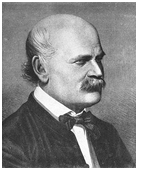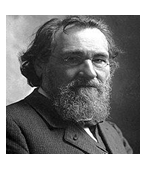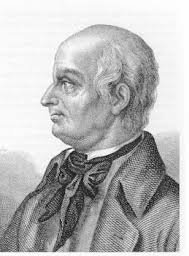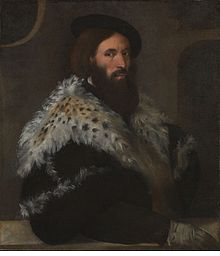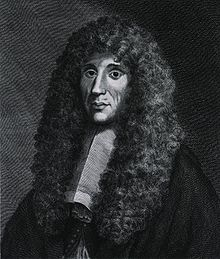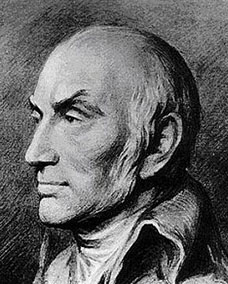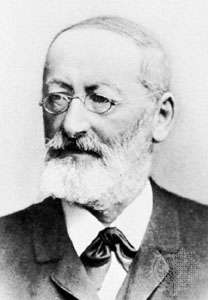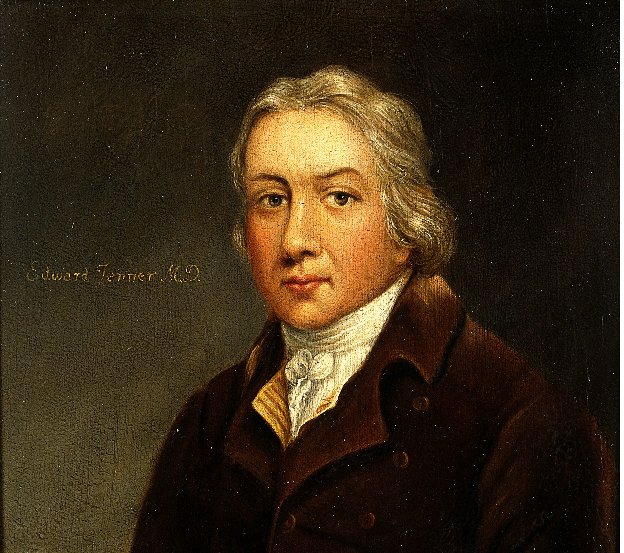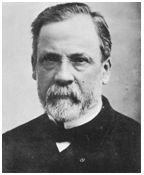JOSEPH LISTER (1827-1912)
Joseph Lister, an English surgeon is the father of antiseptic surgery. He was aware of Semmelweis’s work and together with Pasteur realized the true nature of disease cause, transmission and prevention. Lister sought for ways to prevent microorganisms from infecting wounds because deaths resulting from post-surgery infections as at the time was alarming and accounted […]
JOSEPH LISTER (1827-1912) Read More »
General Microbiology

